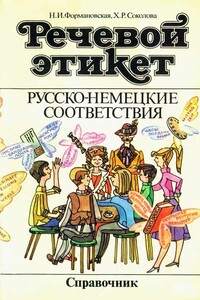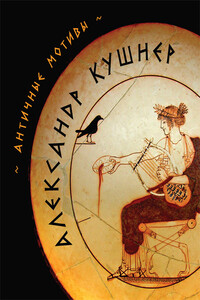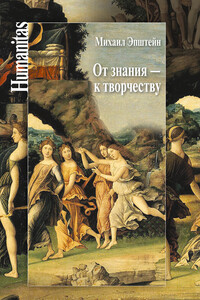Английский язык с Грэмом Грином. Третий человек - страница 15
Martins said over his second quick drink (Мартинс сказал, опрокинув рюмку: «над своим вторым быстрым напитком»), "I'm sorry (извините; sorry — сожалеющий), but he was the best friend I ever had (но он был лучшим другом, который когда-либо у меня был)."
I couldn't resist saying (я не мог сопротивляться тому, чтобы сказать = не мог не сказать), knowing what I knew (зная то, что я знал), and because I was anxious to vex him (и потому что я хотел рассердить его; anxious — сильно желающий; to vex — досаждать, раздражать; возмущать, сердить)—one learns a lot that way (узнаешь много таким путем), "That sounds like a cheap novelette (это звучит как дешевый романчик)."
He said quickly (он быстро сказал), "I write cheap novelettes (я пишу дешевые романчики)."
I had learnt something anyway (я узнал что-то в любом случае; to learn — выучить; узнать). Until he had had a third drink (пока он не выпил третью рюмку), I was under the impression that he wasn't an easy talker (я был под впечатлением, что он не был разговорчивым человеком: «легким говорителем»): but I felt fairly certain (но я чувствовал совершенно уверенным = был совершенно уверен; fairly — красиво, мило; должным образом; довольно; в некоторой степени, ср.: a fairly easy problem — довольно простая задачка) that he was one of those (что он был один из тех) who turn unpleasant after their fourth glass (кто становится неприятным после своего четвертого стакана).
complete [kqm'pli:t], participant [pq'tIsIp(q)nt], unobtrusive ['Anqb'tru:sIv], hesitate ['hezIteIt], officer ['OfIsq], exorbitant [Ig'zO:bIt(q)nt], couple [kApl], chocolate ['tSOklqt], liqueur ['lIkjuq], improve [Im'pru:v], cognac ['kOnjxk], objection [qb'GekS(q)n], caviar ['kxvIa:], expense [Ik'spens], account [q'kaunt], anxious ['xNkSqs], novelette ["nOv(q)'let], unpleasant [An'pleznt]
One's file, you know, is never quite complete: a case is never really closed, even after a century when all the participants are dead. So I followed Martins: I knew the other three: I wanted to know the stranger. I caught him up by his taxi and said, "I haven't any transport. Would you give me a lift into town?"
"Of course," he said. I knew the driver of my jeep would spot me as we came out and follow us unobtrusively. As we drove away I noticed he never looked behind—it's nearly always the fake mourners and the fake lovers who take that last look, who wait waving on platforms, instead of clearing quickly out, not looking back. Is it perhaps that they love themselves so much and want to keep themselves in the sight of others, even of the dead?
I said, "My name's Calloway."
"Martins," he said.
"You were a friend of Lime?"
"Yes." Most people in the last week would have hesitated before they admitted quite so much.
"Been here long?"
"I only came this afternoon from England. Harry had asked me to stay with him. I hadn't heard."
"Bit of a shock?"
"Look here," he said, "I badly want a drink, but I haven't any cash—except five pounds sterling. I'd be awfully grateful if you'd stand me one."
It was my turn to say "Of course." I thought for a moment and told the driver the name of a small bar in the Kartnerstrasse. I didn't think he'd want to be seen for a while in a busy British bar full of transit officers and their wives. This bar—perhaps because it was exorbitant in its prices—seldom had more than one self-occupied couple in it at a time. The trouble was too that it really only had one drink—a sweet chocolate liqueur that the waiter improved at a price with cognac, but I got the impression that Martins had no objection to any drink so long as it cast a veil over the present, and the past. On the door was the usual notice saying the bar opened at 6 till 10, but one just pushed the door and walked through the front rooms. We had a whole small room to ourselves; the only couple were next door, and the waiter who knew me left us alone with some caviar sandwiches. It was lucky that we both knew that I had an expense account.






